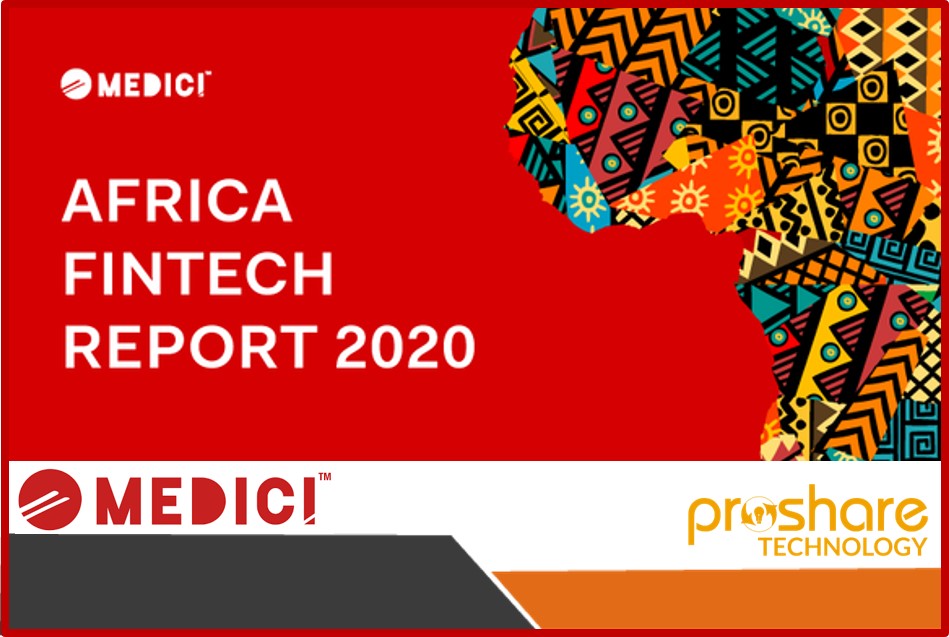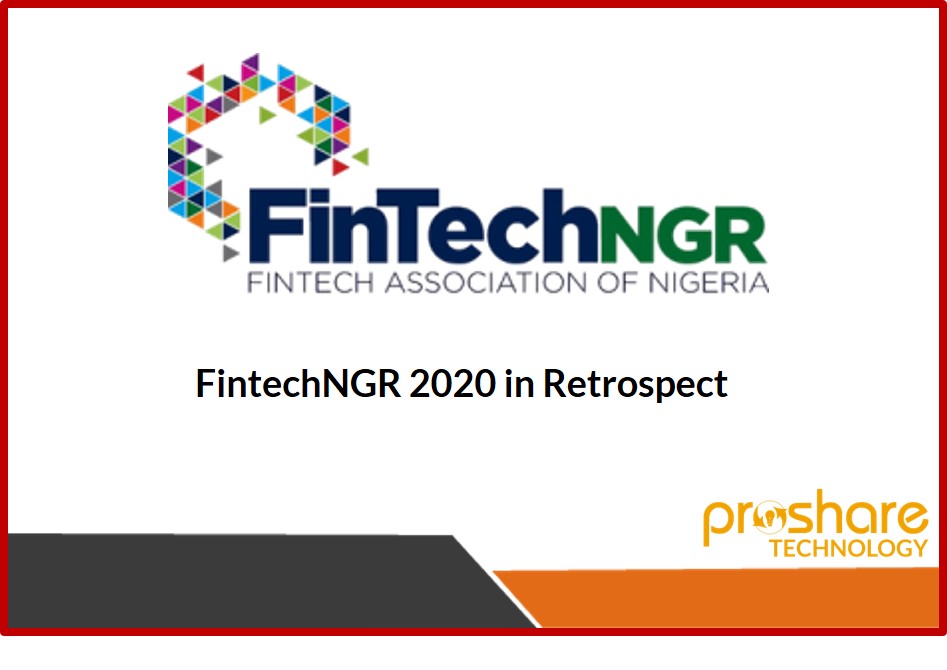Nigeria is playing catch-up in the digital regulatory framework for cyber finance. The slow regulatory motion results from a lack of knowledge of the ecosystem needed for the relevant regulations to guide and check activities in the WEB 3 space.
Kelechi Achinonu Esq., Regional Head, HiiL Innovation Hub, West Africa and the Founder of TechLwayered, in a recent discussion, alluded to the fact that there is no definite interplay between WEB 3 technology and Nigerian Law at the moment.
She noted that Nigerian youths were making money from the innovations in the WEB3 space, which does not make it fraudulent but provides an opportunity to engage the space within proper regulatory guidelines.
The lawyer cited the Nigerian Securities and Exchange Commission (SEC) statement in September 2020, suggesting its intention to regulate digital assets that qualify as securities under the Investment and Securities Act (ISA) 2007. Consequently, she added that SEC released new guidelines titled ‘New Rules on Issuance, Offering Platforms and Custody of Digital Assets’ on May 11, 2022.
“While technology is moving very fast, it is important that the Nigerian regulatory body employs or seeks the help of consultants to advise on the next steps to take as regulations should encourage growth, not kill it,” She noted.
She stressed the need for licenses to be issued not only for revenue generation but also to encourage more innovation as this would affect lives and add value to the country.
Despite Nigeria having the largest Defi market in Africa as well as experiencing growth and development in the WEB3 space, the Central Bank of Nigeria (CBN) issued a ban on Crypto assets on February 5, 2021
The ban yet to be lifted prohibits financial institutions operating in Nigeria from dealing in cryptocurrency and directs them to close the accounts of any of their clients involved in such transactions.
Based on the directives in the letter, Nigerian banks were halted from using their issued bank cards on cryptocurrency trading platforms. Individuals and businesses were also prevented from receiving funds directly from cryptocurrency exchanges. Given this situation, Nigeria has no solid regulatory framework for Decentralized Finance, unlike other countries like the United Kingdom, the United States, and Japan.
WATCH VIDEO
 Lagos, NG • GMT +1
Lagos, NG • GMT +1











 311 views
311 views












 Sponsored Ad
Sponsored Ad
 Advertise with Us
Advertise with Us









